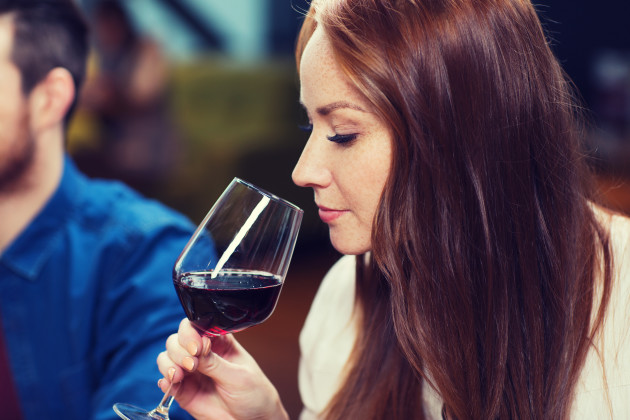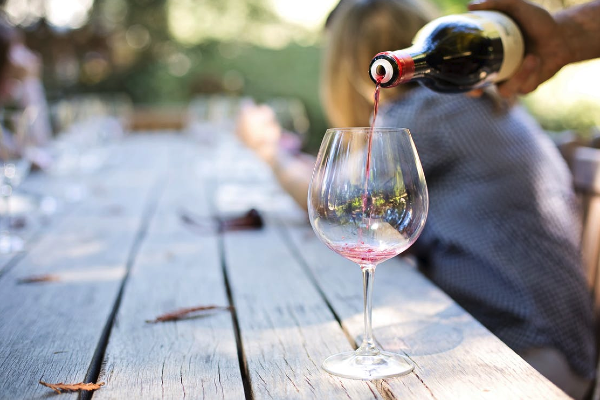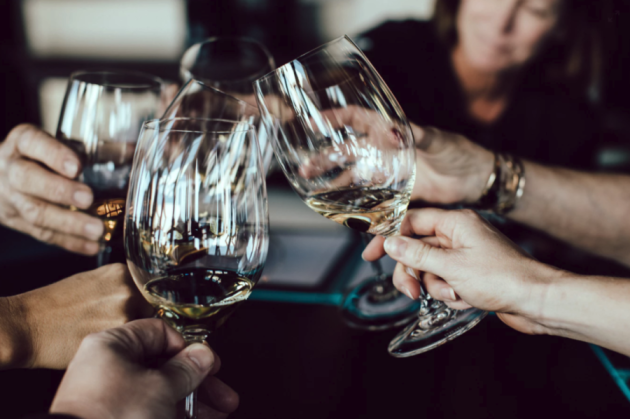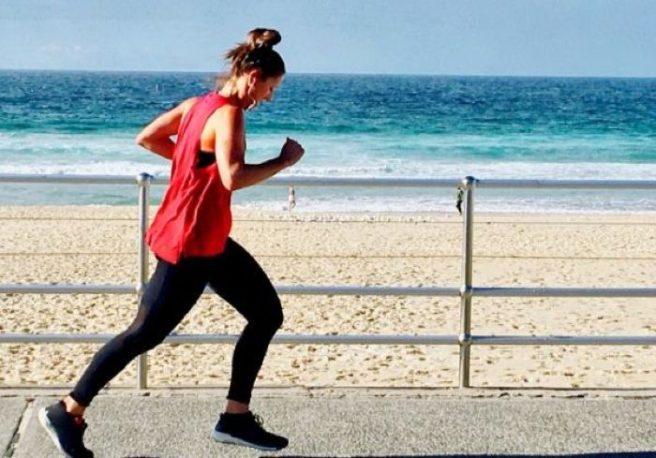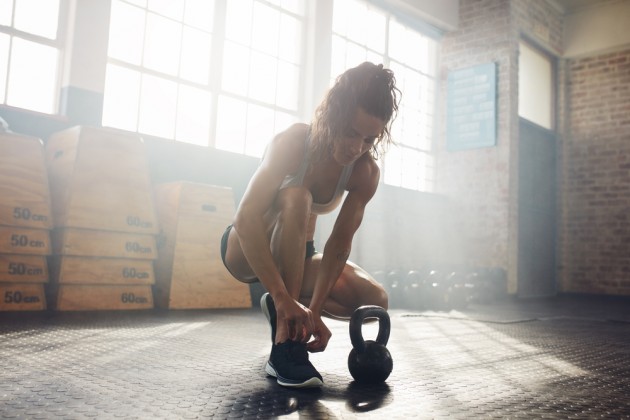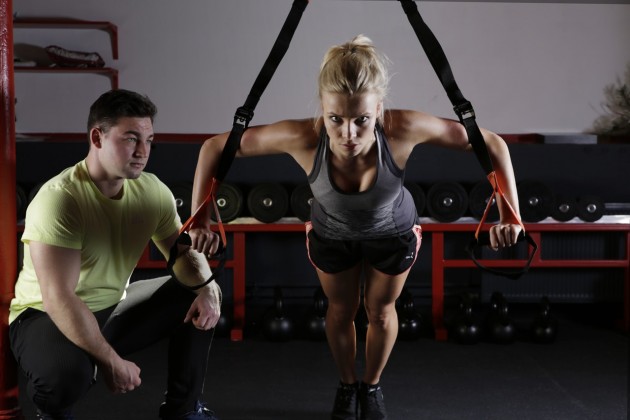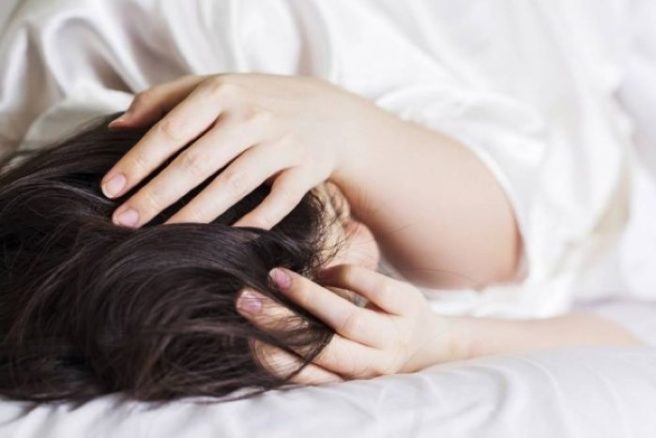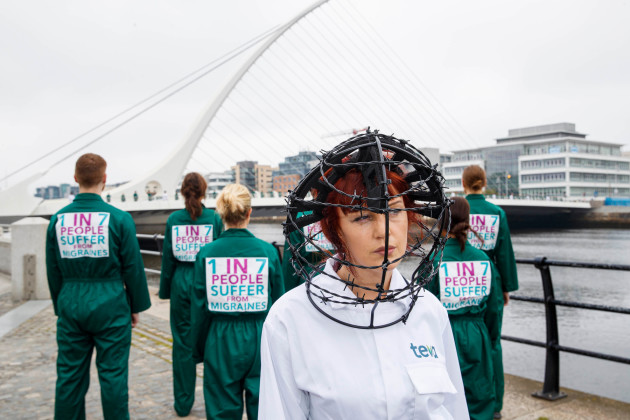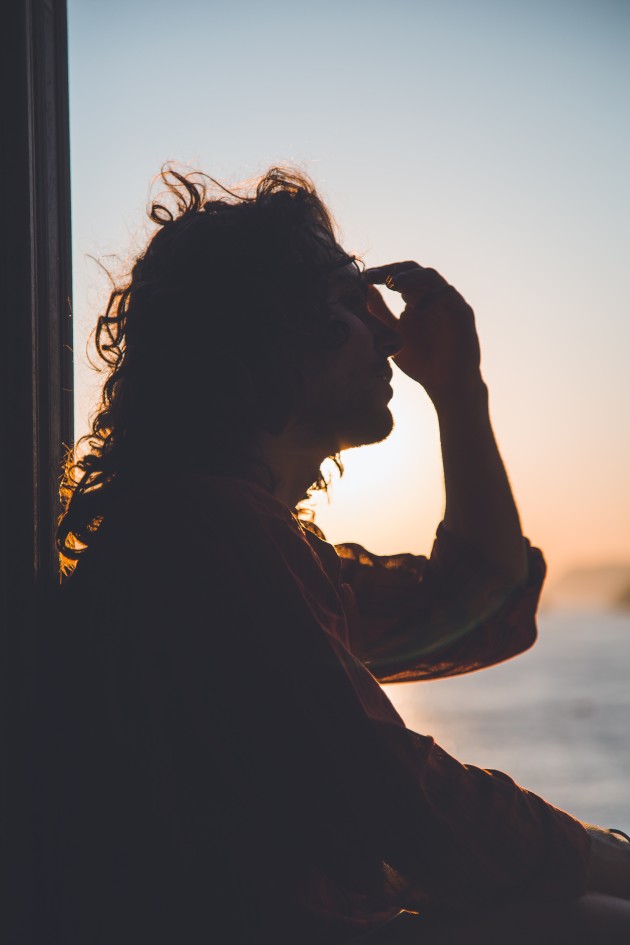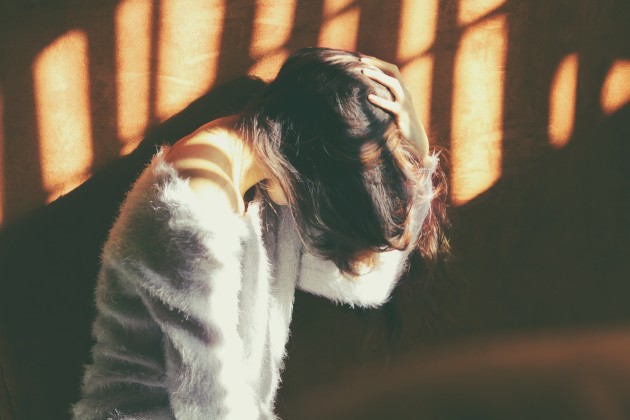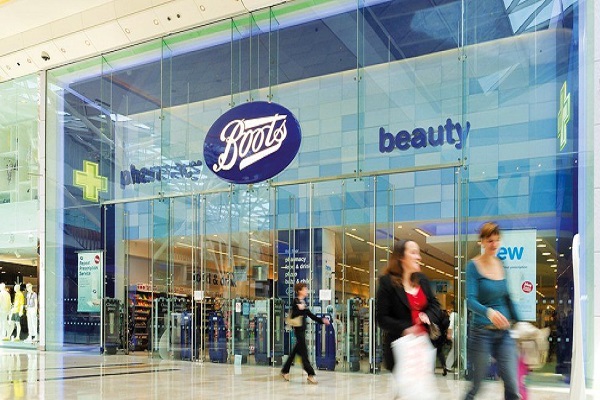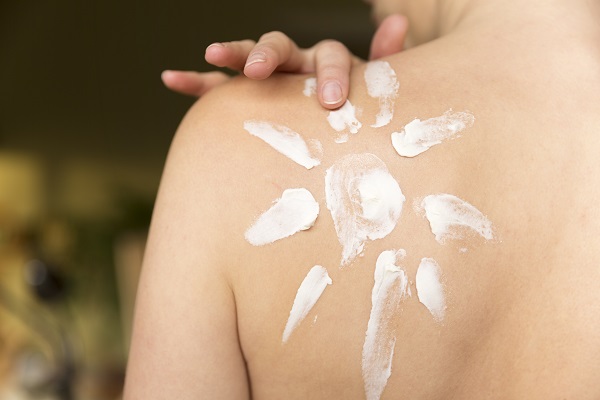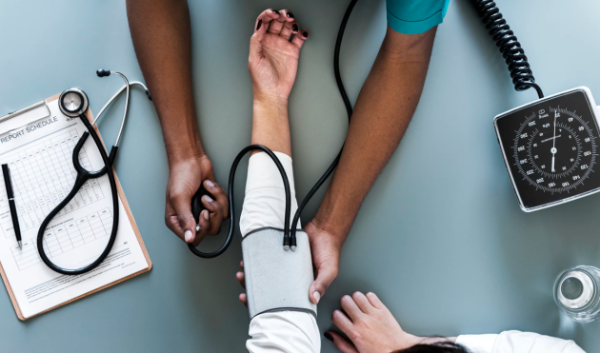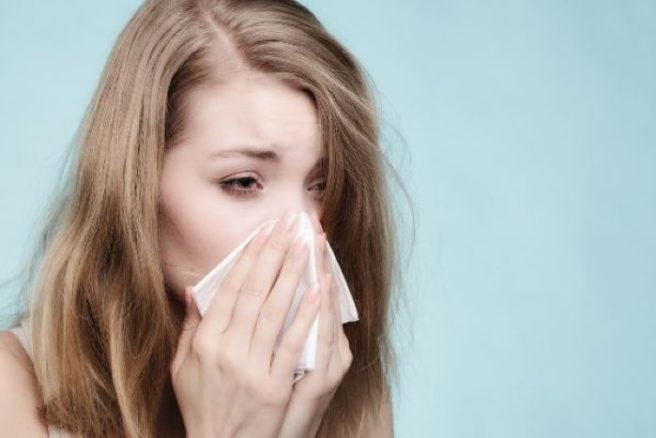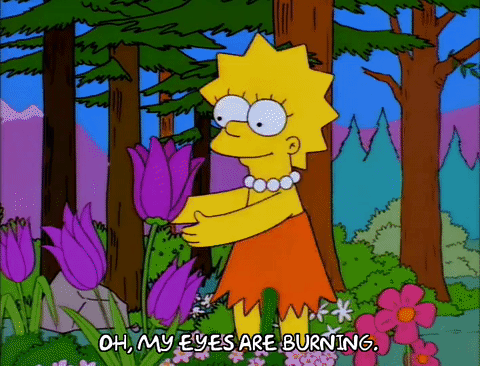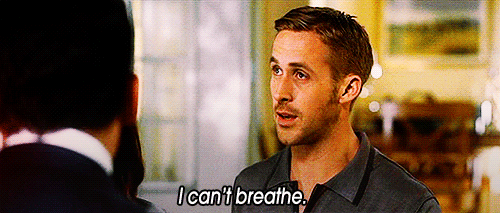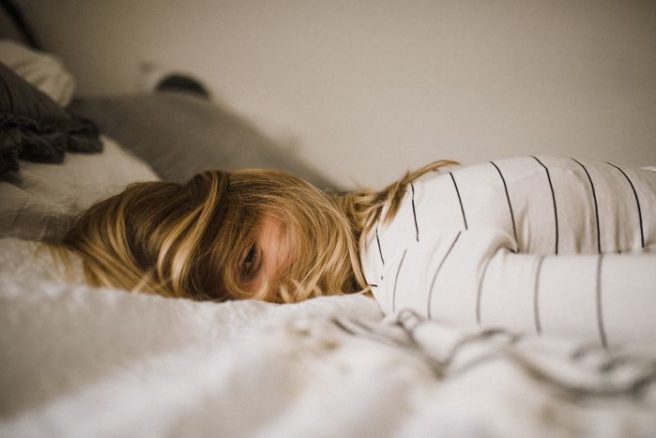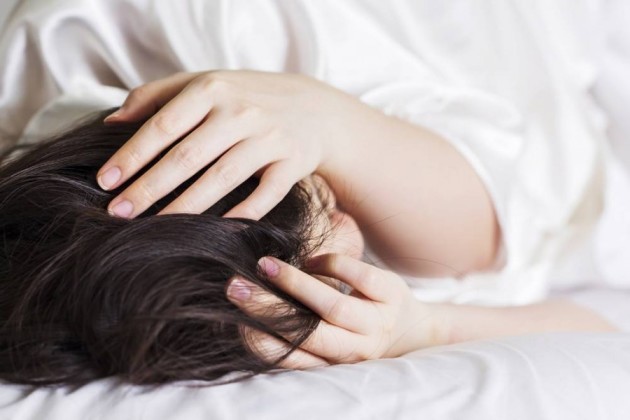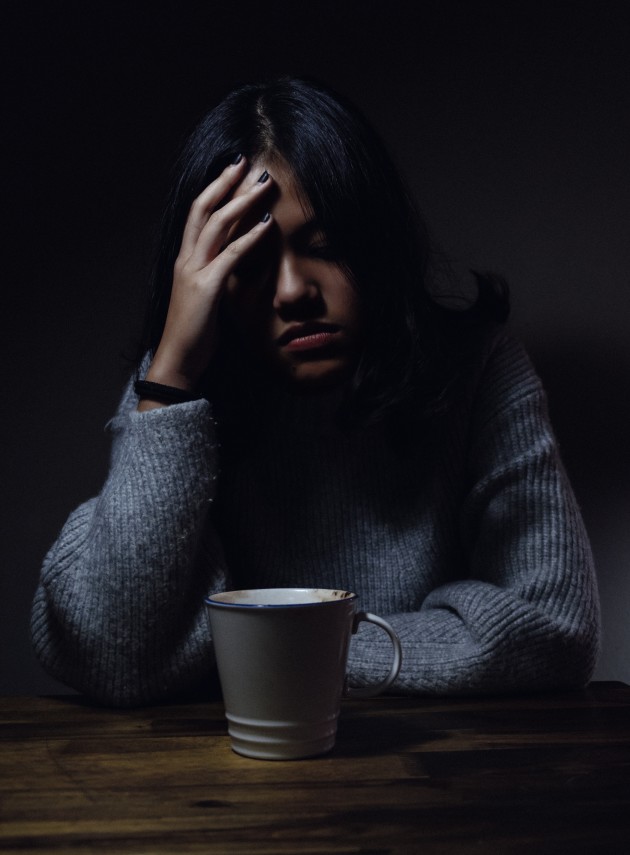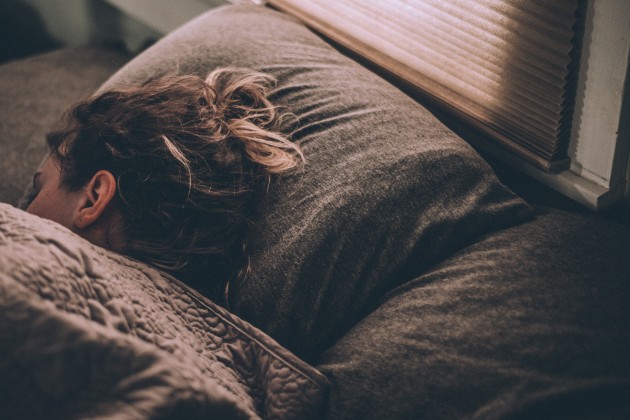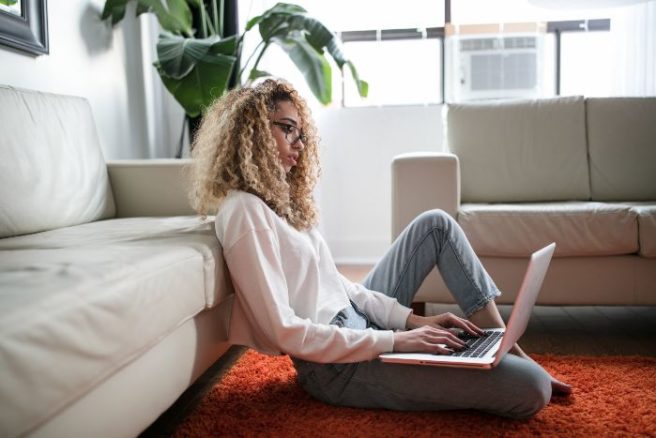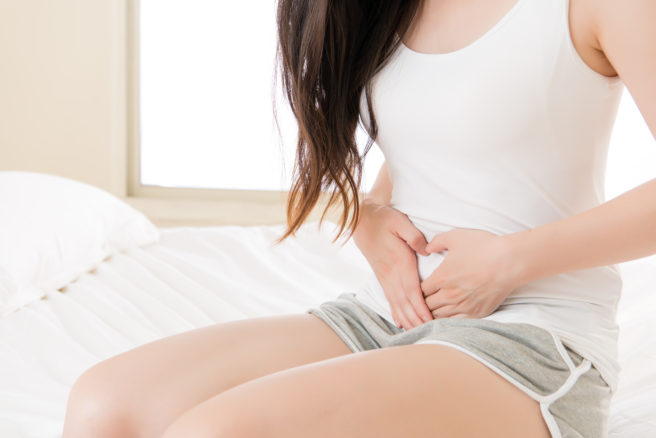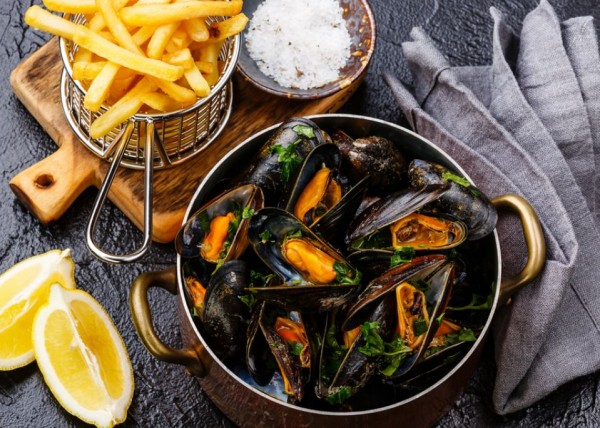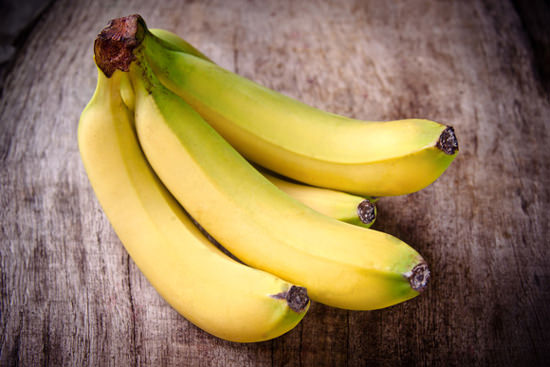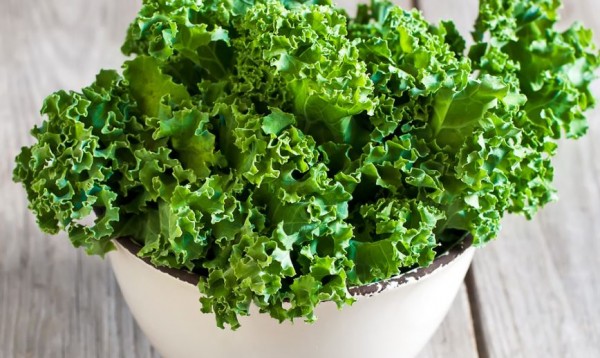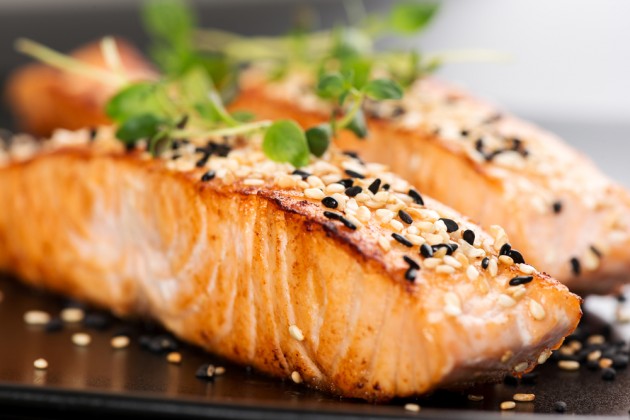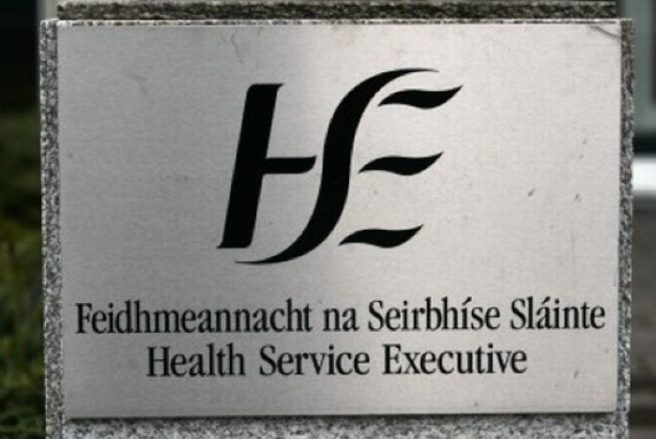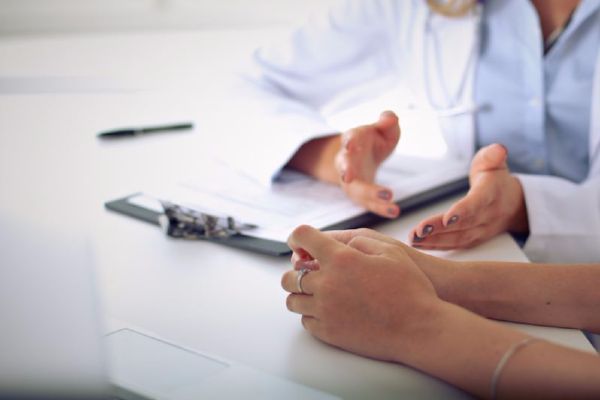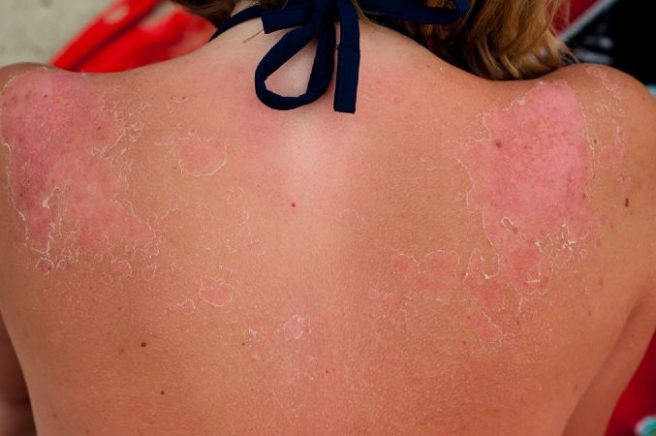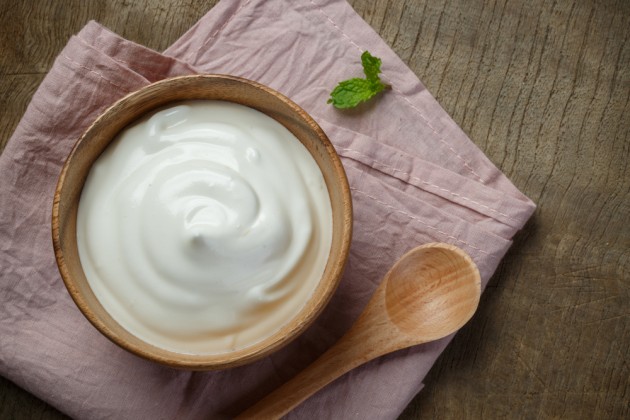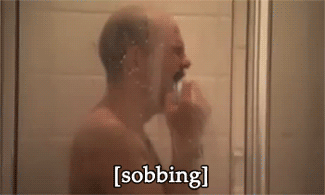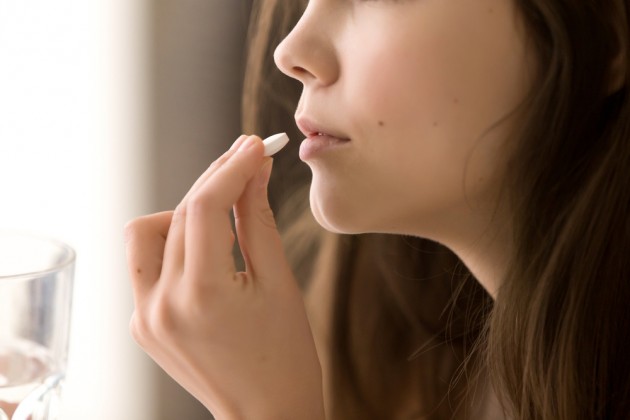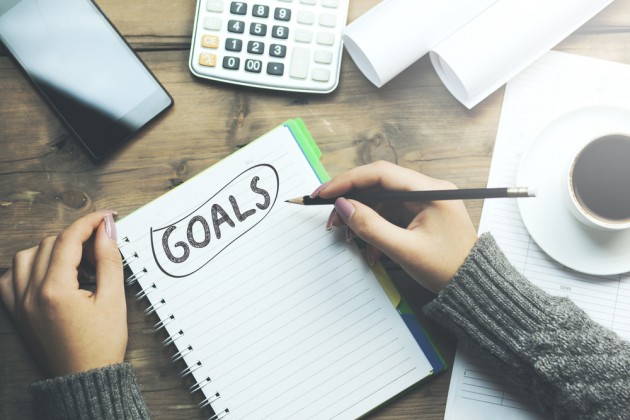
The self-care tips everyone needs to make time for this spring
The only promise I have made to myself this spring is to take better care of myself, which means this spring is going to be my time for self-care. I am guilty of neglecting myself and end up feeling burnt out and pretty low so I'm focusing on me this time.
People throw the term self-care around a lot and it can lose it meaning when it’s solely associated with buying Lush bath bombs and painting your nails, but self-care isn't just about manicures and face masks.
There are so many things you can do to look after both your mental and physical health so I thought I’d put a list of my top self-care tips together that don’t revolve around you spending half a day's wages in Boots.

1. Book your smear test
2. Cleanse your skin twice
3. Take a multivitamin in the morning
4. Stop drinking caffeinated drinks after 6pm
5. Take your full lunch break
6. Delete take-away apps off your phone
7. Get off the bus a stop early and walk
8. Listen to podcasts when you feel anxious
9. Use all of your annual leave

10. Don’t drink coffee when you’re due your period
11. Go to therapy
12. Eat some vegetables
13. Eat some chocolate
14. Buy yourself flowers
15. Drink 8 glasses of water a day
16. Stop comparing yourself to people on social media
17. Watch an old movie from your childhood
18. Go to the dentist
19. Read at least ten pages of a book every day
20. Go to the cinema by yourself








